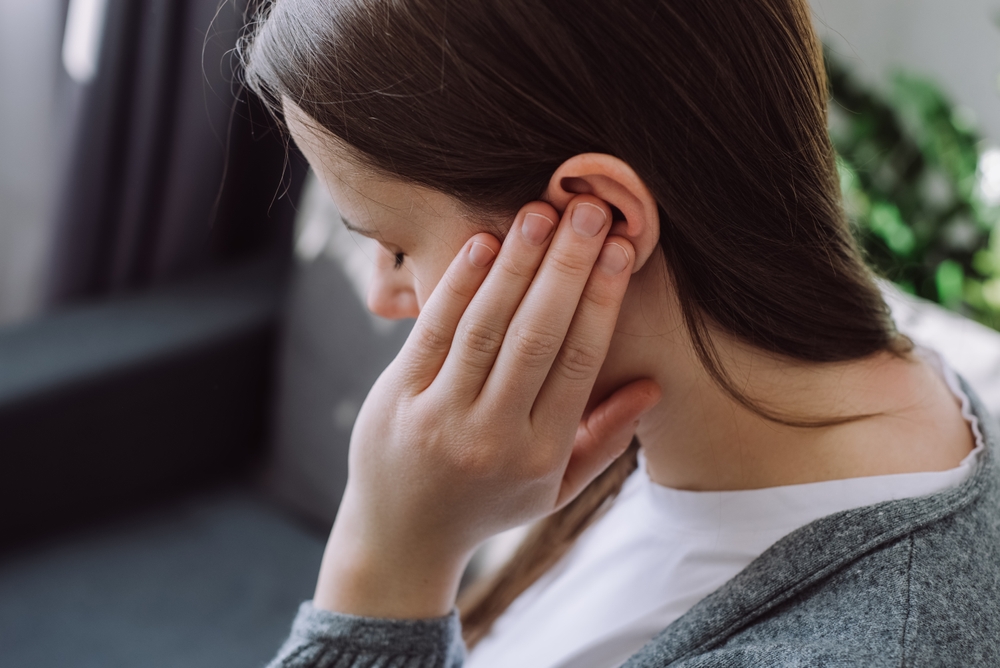That persistent ringing in your ear just won’t seem to fade. Whether it’s the aftermath of a loud concert or a day spent in a noisy environment, tinnitus can be an unwelcome companion. But just how long does it usually stick around, and is it something you’ll have to live with forever?
Tinnitus often stems from damage to the tiny sensory hairs in your inner ear, known as stereocilia. Exposure to loud noises is a common culprit, whether it’s from a rock concert, a bustling restaurant, or the roar of an airplane engine. But while tinnitus can be bothersome, it’s essential to understand that it’s not necessarily permanent.
How long does tinnitus typically last?
The duration of tinnitus varies from person to person and depends on several factors, including the underlying cause and your overall hearing health. If you find yourself with ringing ears after a noisy day out, you can usually expect the symptoms to subside within a day or two. On average, tinnitus lasts between 16 to 48 hours, although it’s not uncommon for it to persist for up to two weeks. Additionally, repeated exposure to loud noises can prolong or exacerbate tinnitus, resetting the clock on recovery.
If your tinnitus persists and begins to impact your quality of life, it’s advisable to seek guidance from a specialist.
What causes permanent tinnitus?
While tinnitus is often temporary, certain circumstances can lead to a more enduring condition. Here are some examples:
- Repeated exposure to loud noises: Continuous exposure to loud environments, such as frequent rock concerts or prolonged occupational noise, can result in permanent damage to your hearing, leading to persistent tinnitus.
- Traumatic Brain Injury (TBI): In some cases, a traumatic brain injury, such as a concussion, can disrupt the brain’s processing of sound signals, contributing to chronic tinnitus.
- Hearing loss: Tinnitus is closely linked to hearing loss, and individuals experiencing hearing impairment may also develop permanent tinnitus.
Though less common than temporary tinnitus, permanent or long-term symptoms affect millions of individuals each year.
How can you manage tinnitus?
Whether your tinnitus is temporary or long-lasting, seeking relief is a priority for many. While there’s no cure for tinnitus, various strategies can help alleviate symptoms:
- Protect your ears: Avoiding loud environments and using ear protection, such as earplugs or earmuffs, can prevent further damage to your hearing and reduce tinnitus intensity.
- Practice relaxation techniques: Stress and anxiety can exacerbate tinnitus symptoms, so finding ways to stay calm and manage stress levels may help alleviate discomfort.
- Mask the sound: Using white noise machines or other background noise sources can help mask the ringing in your ears, making it easier to ignore and improving sleep quality.
While these measures may not eliminate permanent tinnitus entirely, they can significantly improve your quality of life by reducing its impact.
What’s the outlook for tinnitus?
In many cases, temporary tinnitus resolves on its own within a few days. However, if your symptoms persist or worsen, it’s crucial to seek professional help. The sooner you address tinnitus, the better your chances of finding effective treatment and experiencing relief from its effects.
Find an expert near you to explore treatment options to help manage your tinnitus symptoms.



